Students In A Changing Climate: How Can Astronomy Help?
Parallel Session
4th Shaw-IAU Workshop on Astronomy for Education
Session timeblocks
Wednesday Nov. 16, 2022
UTC: 8 a.m. -
9:30 a.m.
Thursday Nov. 17, 2022
repeated:
UTC: 1 p.m. -
2:30 p.m.
In this session we will meet scientists and researchers from around the world exploring how astronomy helps us understand the changes occurring in earth’s many climates. We’ll also explore how astronomical activities can help predict the challenges and impacts those changes will have on indigenous populations around the world. We will hear from researchers developing experiences to help educate every aspect in society from children just beginning their education journey to the people developing regional and national policies which impact climates and by extension our lives. This will also include a live panel discussion for you to connect with people/researchers/astronomers to discuss the ideas and issues addressed in the session further.
Schedule
-
Pale blue dot: Looking back at home
Wednesday Nov. 16, 2022
UTC: 8 a.m. - 8:15 a.m.Thursday Nov. 17, 2022
UTC: 1 p.m. - 1:15 p.m.Climate change is the greatest global challenge of the 21st century. The high speed at which climate change is progressing poses an enormous problem. Neither flora and fauna nor humans can adapt that quickly to the change of environmental conditions. What can we astronomers contribute to raise the attention of students and their teachers to global warming? How can we link the fascinating astronomical objects with such a terrestrial issue? During my presentation I will address these questions.
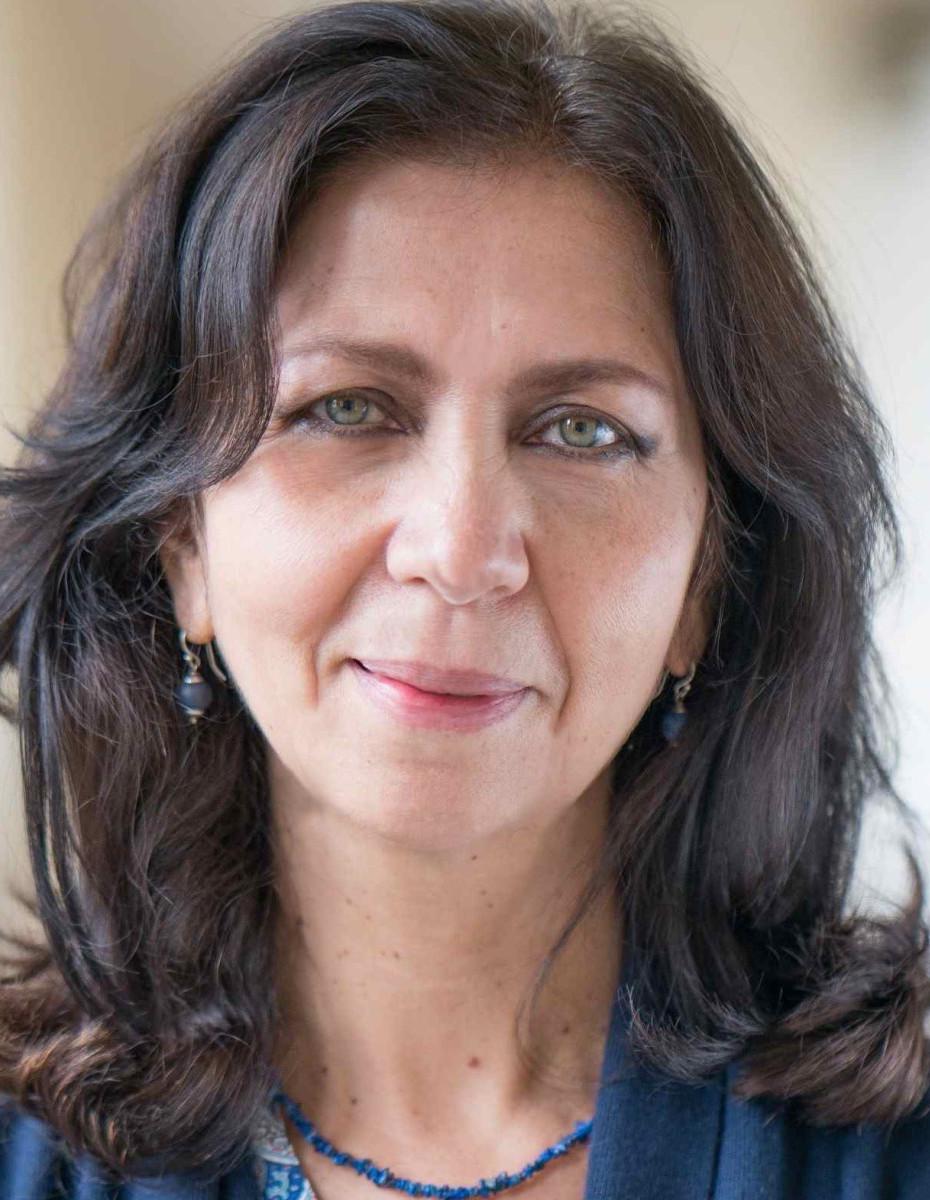
Cecilia Scorza (LMU Faculty of Physics Munich)
For more information about this talk click here
-
There is No Planet B: Engaging Students and Teachers in Climate Learning and Action
Wednesday Nov. 16, 2022
UTC: 8:15 a.m. - 8:25 a.m.Thursday Nov. 17, 2022
UTC: 1:15 p.m. - 1:25 p.m.Astronomy helps us understand planetary systems and it provides a big-picture perspective of ourselves as Earthlings. We can teach climate change through topics such as the greenhouse effect; however, understanding the science alone is not enough. We must empower students with solutions and help them use their voices and take action. I will provide concrete examples of how we have done this in West Virginia, a coal state in the USA, through efforts such as a book club, podcast, field trip, and ongoing teacher training. I also invit participants to join “Astronomers for Planet Earth,” a grassroots international effort by astronomers across the world to unite and speak up about climate change with the message that, “There is no Planet B.”
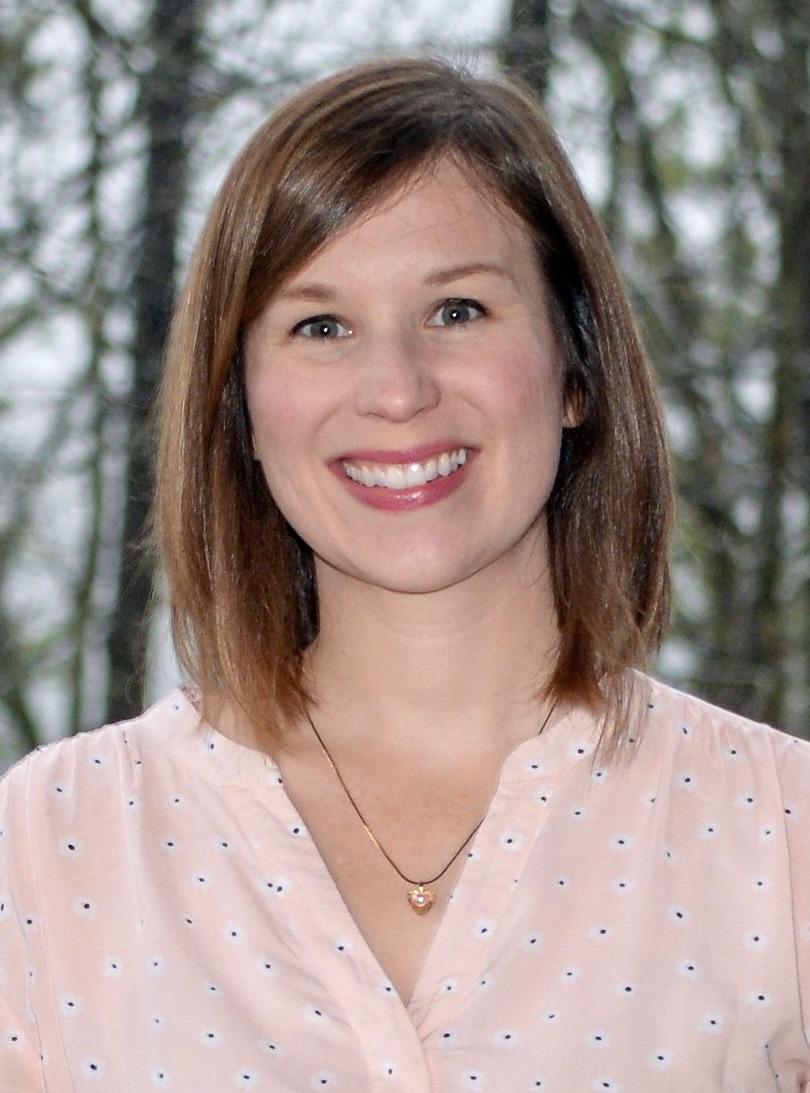
Kathryn Williamson (West Virginia University)
For more information about this talk click here
-
Life in the Universe: using astronomy to teach primary school children about climate change
Wednesday Nov. 16, 2022
UTC: 8:25 a.m. - 8:35 a.m.Thursday Nov. 17, 2022
UTC: 1:25 p.m. - 1:35 p.m.As a part of the sustainability committee at the Leiden Observatory in The Netherlands, we have developed a 5-day lesson program designed for primary school students (9-12 years old) to discover the principles of astronomy, conditions for life in the Universe and on planet Earth, and sustainability. Students are introduced to the concepts of time, evolution and the history of Earth and that the Universe is not static, but evolves too; conditions for life can change. Students go through the inquiry and design based learning cycle by designing their own alien that has to survive on an assigned planet or moon. The program builds upon the Design Your Alien workshop from AstroEdu with the added link to sustainability and testing phase for the survivability of their aliens. Our pilot project has been very successful and with the support from the De Zeeuw-Van Dishoeck Fund we have been able to further develop the lesson material, which will be made available online for everyone to use in the near future. In this talk I will discuss the goals of the project, the challenges that we faced, and our outlook on the future.
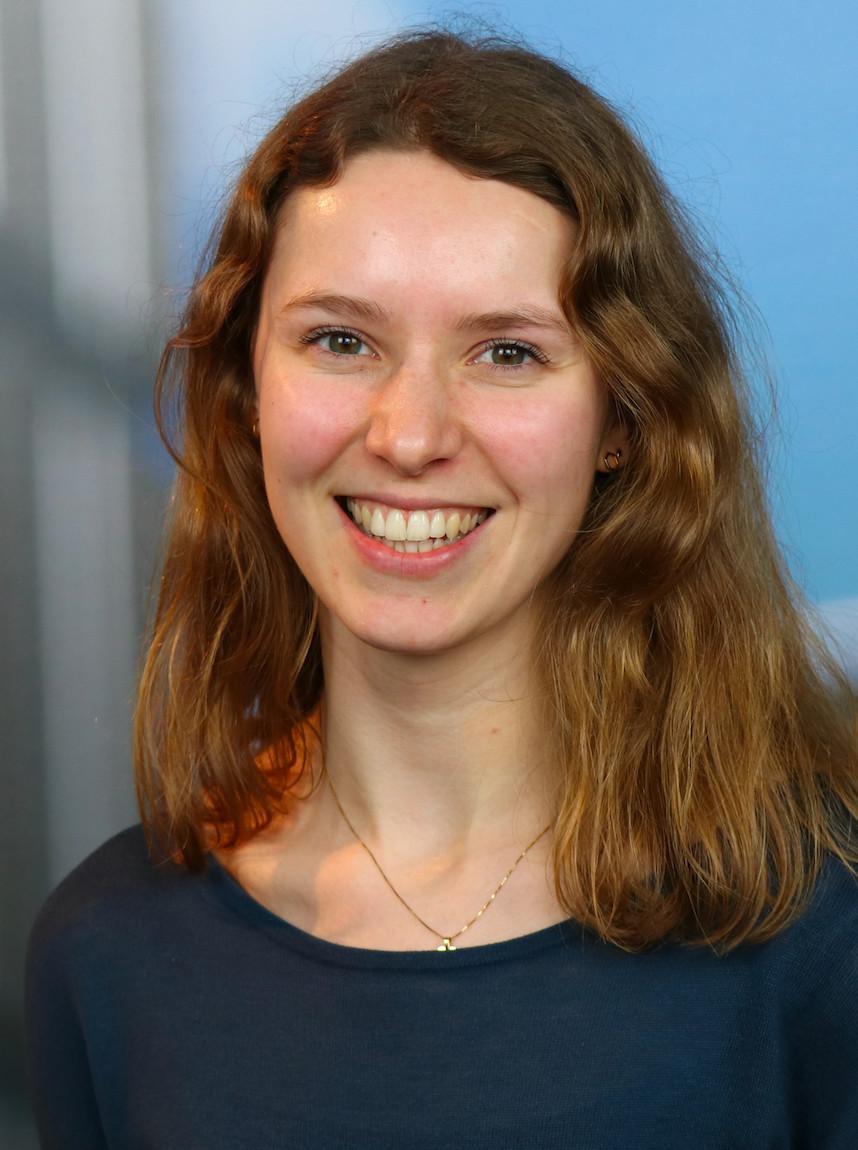
Anniek Gloudemans (Leiden Observatory)
For more information about this talk click here
-
Astronomy tools to teach climate change
Wednesday Nov. 16, 2022
UTC: 8:35 a.m. - 8:45 a.m.Thursday Nov. 17, 2022
UTC: 1:35 p.m. - 1:45 p.m.This talk will explore the integration of space science technologies to demonstrate global change in a tangible way, emphasizing modeling, data analysis and problem solving. Astronomy is presented as a moderator between all systems of the terrestrial sphere, and a means by which to make local and global decisions. Participants will be given tools and lessons to foster STEM identities and build bridges between science, community, and the classroom. Utilization of astronomy with a climate lens can unify learning from other contents, while providing opportunities to explore the evidential sources of knowledge of our world.
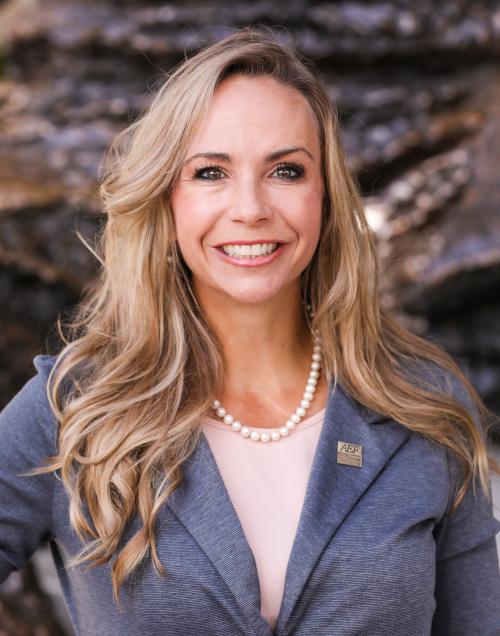
Christine Hirst Bernhardt (University of California, Santa Barbara; Endeavor STEM Teaching Project)
For more information about this talk click here
-
ASTROx Sustainability: Student-Led Social Innovation Project for Sustainable Development Goals
Wednesday Nov. 16, 2022
UTC: 8:45 a.m. - 8:50 a.m.Thursday Nov. 17, 2022
UTC: 1:45 p.m. - 1:50 p.m.Sustainability is an urgent problem that students will always be aware of the climate change from the textbooks. Beside traditional lessons in the classroom or group project presentation, how can we imply sustainable actions with astronomy education? ASTROx is an interdisciplinary project that aims to connect astronomy with other possible academic disciplines or subjects, based on Sustainable Development Goals. The talk will showcase a student-led social innovation project about dark-sky advocacy and science communication, solving real-life issues in the community. Students had explored different ways to raise the awareness of urban light pollution by outdoor classrooms, design thinking lessons and hands-on experience.
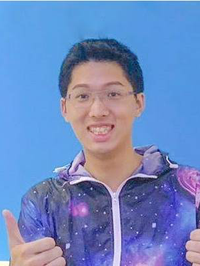
Exodus Chun-Long Sit (Starrix Hong Kong)
For more information about this talk click here
-
Impact of Climate Change - Sea level rise
Wednesday Nov. 16, 2022
UTC: 8:50 a.m. - 8:55 a.m.Thursday Nov. 17, 2022
UTC: 1:50 p.m. - 1:55 p.m."Is our planet in danger from changing temperatures and rising sea levels? In this presentation, we will discuss educational activities to enhance student's awareness on climate change, specifically the rise in sea-level and how it has started impacting life on Earth. Sea level is rising, in part, because increase in greenhouse gases contribute to melting glaciers on land which are adding to Earth’s oceans. Sea ice is not a significant contributor to sea level rise. Thermal expansion of water is also a major contributor. Understand these points through two investigative activities. We will discuss how such images of sea levels are taken through satellites and do a trending activity"
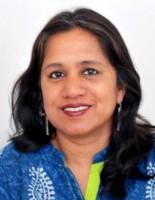
Mila Mitra (STEM and Space)
Coauthors: Aditi Tomar (STEM & Space)
For more information about this talk click here
-
Discussion Panel: Students in a changing climate: how can astronomy help?
Wednesday Nov. 16, 2022UTC: 8:55 a.m. - 9:30 a.m.
Thursday Nov. 17, 2022
UTC: 1:55 p.m. - 2:30 p.m.Chair:
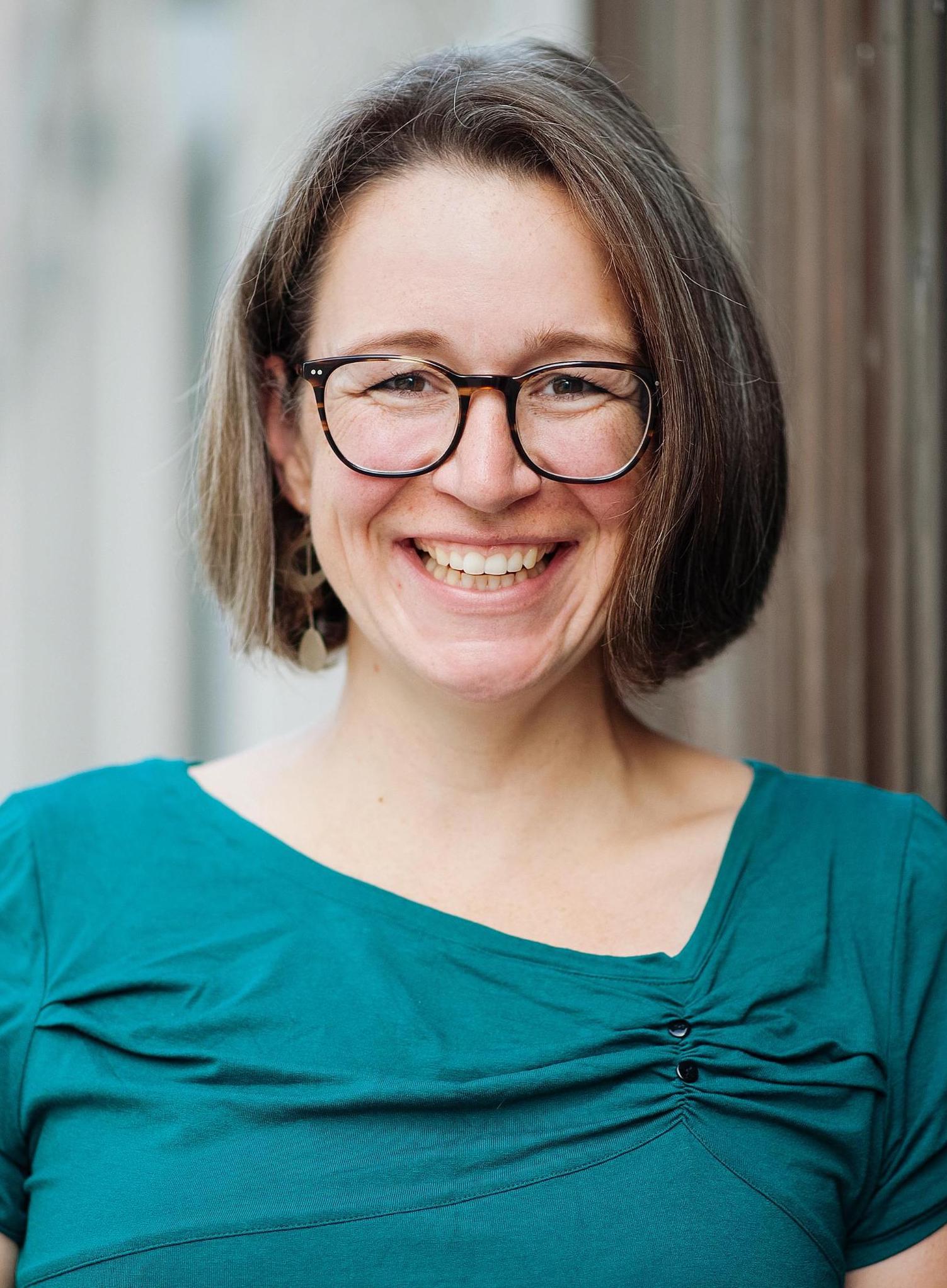
Anna Sippel
Panel: Anniek Gloudemans
(Leiden Observatory), Christine Hirst Bernhardt
(University of California, Santa Barbara; Endeavor STEM Teaching Project), Violette Impellizzeri
(Leiden University), Mila Mitra
(STEM and Space), Cecilia Scorza
(LMU Faculty of Physics Munich), Exodus Chun-Long Sit
(Starrix Hong Kong), Kathryn Williamson
(West Virginia University)




